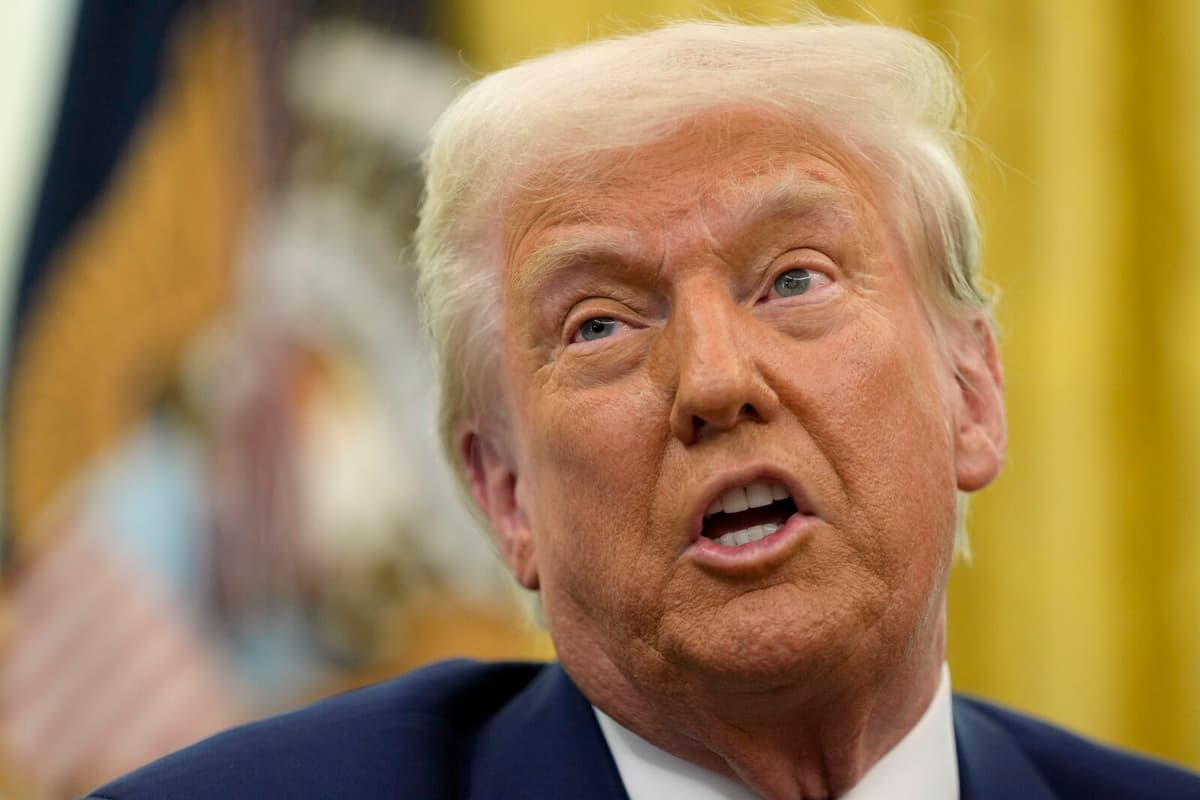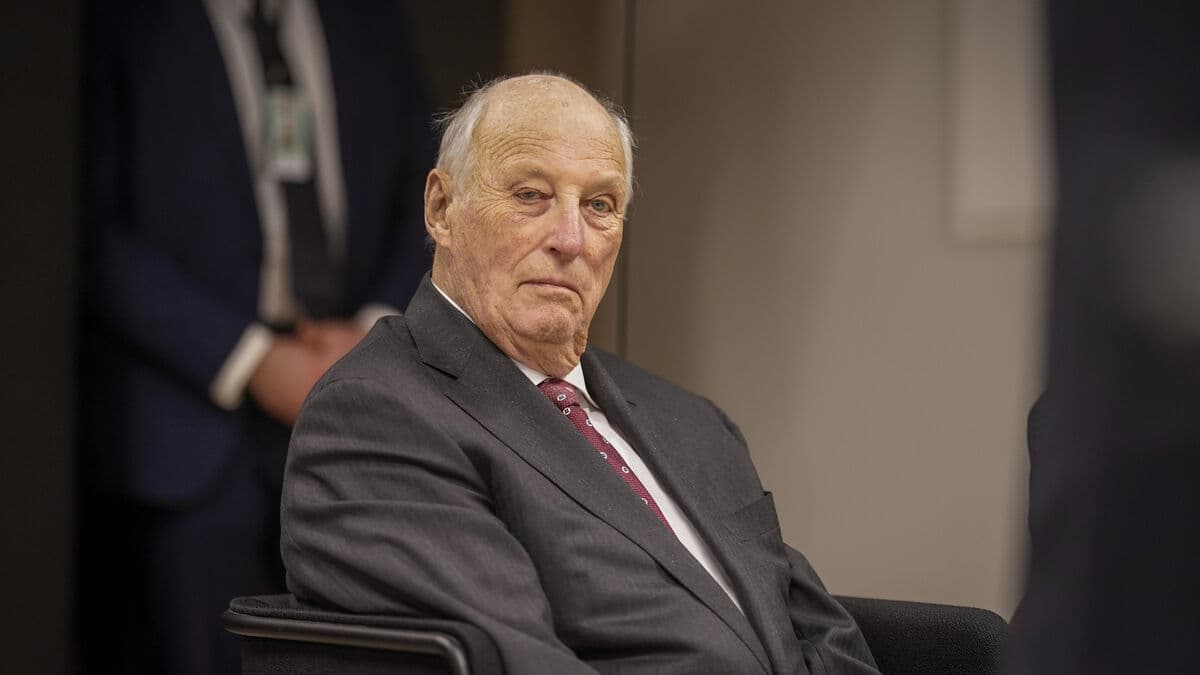I have decided, in the name of justice, that I will introduce penalty tariffs, says Trump at the White House.
Almost all of them punish us much more than we punish them. That time is over now.
Trump has, with his order, given the government the task of going through country by country to determine how large the tariffs will be. The size will, according to Trump, also take into account the countries' VAT rates.
"If a country thinks that the USA is introducing too high tariffs, they can simply lower their own against us", he writes on Truth Social.
Trump acknowledges that the tariffs may also be felt in American wallets.
Prices may rise here, he says, but adds that it only applies in the short term since he believes that inflation will decrease.
EU "absolutely brutal"
The President specifically points out the EU as "absolutely brutal" when it comes to trade with the USA. Here, the USA is focusing on cars, Trump wants to see the American deficit in that trade decrease drastically.
No date has been presented for when the tariffs will be introduced, but they can become effective as early as April 2, according to Trump.
One of the major goals for him is that American companies will once again manufacture in the USA, a production that other countries have "stolen" from the country, says Trump.
Everyone has taken advantage of us.
Meets Modi
The decision comes ahead of a planned meeting with Indian Prime Minister Narendra Modi at the White House.
Modi has already, before the decision on penalty tariffs, said that he is willing to lower tariffs on American goods and buy more oil from the USA, all in an attempt to appease Trump, who has called Modi the "tariff king".
Trump began his second presidential term in January with a 10 percent tariff on all goods from China and 25 percent tariffs for neighboring countries Mexico and Canada. The tariffs against China have come into effect, but Mexico and Canada have, after negotiations on stricter border controls, been given a 30-day reprieve.
On Monday, Trump followed up on this first round of tariffs by signing a decree on 25 percent tariffs on steel and aluminum, regardless of where they are imported from. Something that can affect Swedish steel companies.






